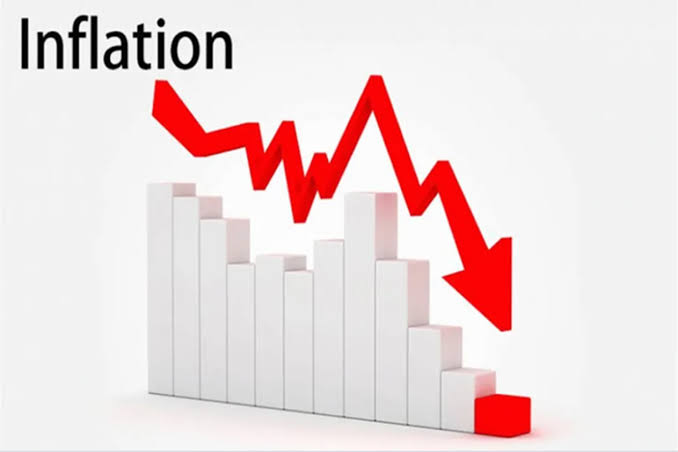The Independent Media and Policy Initiative (IMPI), a Nigerian policy think-tank, has projected that Nigeria’s headline inflation will fall to 17 per cent by December.
The IMPI Chairman, Dr Omoniyi Akinsiju, in a statment on Wednesday, said the projection would be recorded, following consecutive declines that brought the figure down to 20.12 per cent in August.
Akinsiju said the trend represented the country’s longest spell of disinflation in nearly a decade, adding that it expected the Central Bank of Nigeria (CBN)’s Monetary Policy Committee (MPC) to ease interest rates in response.
The IMPI boss said Nigeria’s inflation rate had dropped steadily from 24.5 per cent in January to 20.12 per cent in August.
He described the 17.5 per cent decline as the sharpest mid-year slowdown in over a decade.
According to the him, Nigeria’s disinflationary pattern in 2025 places it alongside 2017 and 2018 as rare years when consumer prices slowed after several years of steady increases.
“Accordingly, Nigeria’s inflation story in 2025 is taking an unusual turn because, for the first time in nearly a decade, the country is witnessing a meaningful and sustained slowdown in consumer prices.
“The initiative identifies three key drivers of the inflation slowdown.
“The CBN’s tight monetary stance which kept the policy rate at 27.5 per cent, relative stability in the foreign exchange market aided by oil receipts, remittances and non-oil exports, as well as better harvests from food-producing regions.
“With the momentum being generated in the economy, we can safely aver that inflation may decline to 17 per cent in December 2025, a target near the 15 per cent set by the federal administration,” he said.
Akinsiju projected that the MPC would consider easing the policy rate by at least 50 basis points at its next meeting, and by up to 200 basis points before December.
“We also expects a review of the cash reserve ratio (CRR) from 50 per cent to 35 per cent.
“This review will impact the cost of production, enhance business expansion, and create jobs because of the cheaper cost of credit and the quantum of cash available to money deposit banks to perform their financial intermediary roles,” he said.
On corporate performance, he reiterated the rebound of major Nigerian companies after steep foreign exchange-related losses in 2023 and 2024, following the federal government’s decision to float the naira.
He recalled that seven major consumer goods companies, including BUA Foods, Cadbury Nigeria, Nigerian Breweries, Dangote Sugar, and Nestlé Nigeria, reported a combined loss of N418 billion in Q1 2024.
He said this was acompanied by a cumulative losses rising to N867 billion in two years.
“By the end of Q2 2025, all the consumer goods companies returned to profitability with a combined pre-tax profit of about N264 billion, meanwhile, currency stability and internal cost controls had driven the turnaround, ” he said
The group’s chairman emphasised that these gains, alongside a more stable naira, are evidence of renewed confidence in the Nigerian economy.





